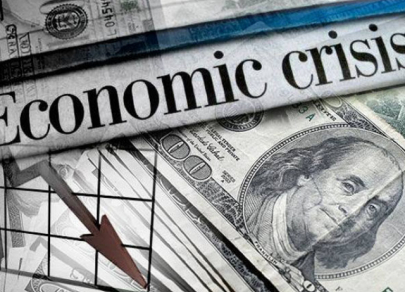FX.co ★ Ten signs of possible financial crisis in 2020
Ten signs of possible financial crisis in 2020
The global financial crisis that swept the world a decade ago was not in vain for leading economists. They carefully analyzed the situation, so that if it happens again they will not be helpless. According to experts, conditions for the financial crisis and the subsequent global recession will appear by 2020. This is evidenced by a number of signs that analysts pay attention to.

According to experts, the unsustainable policy of fiscal stimulation can be considered one of the important signs of the impending crisis. Currently, it raises the annual growth rate of the US above the level of 2%. Experts believe that by 2020, the stimulus will run out, and a modest fiscal drag will pull growth to slightly below 2%.
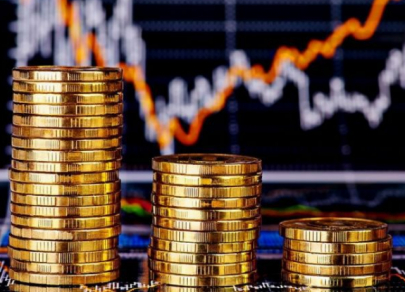
Another inherent feature of the financial meltdown is the "overheating" of the American economy and the growth of inflation above the key level of 2%. This will allow the Fed to raise rates from 2% to 3.5% by 2020, experts say. At the same time, an increase in oil prices is possible, which contributes to an additional inflationary pressure. As a result, the leading central banks of the world will follow the example of the Federal Reserve in the normalization of monetary policy, which will lead to a reduction in global liquidity and an increase in pressure on interest rates.
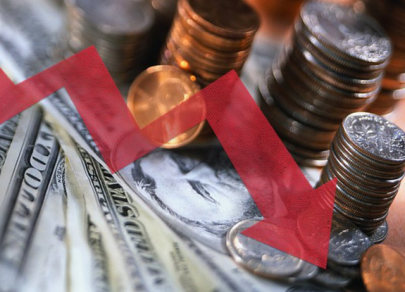
Experts said that the third sign is the Trump administration's trade disputes with EU countries, as weel as China and Mexico. it will lead to slower economic growth and higher inflation.

The fourth signal of the forthcoming financial crisis lies in the fact that US policies will continue to add stagflationary pressure, prompting the Fed to raise interest rates higher. The White House administration will limit inward/outward investment and technology transfers by disrupting supply chains. Experts also predict a decrease in the volume of investment in the green economy.

Analysts consider slowing economic growth around the world the fifth important factor contributing to the global financial crisis. The Chinese government will have to slow its growth to deal with overcapacity and excessive leverage in the economy, experts believe. Already-fragile emerging markets will feel the consequences of US protectionism and tightening of monetary policy.
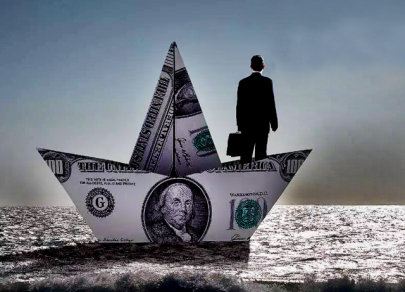
The sixth factor is the negative consequences of the slow growth that the European economy will face. The EU countries can suffer greatly because of the tightening of monetary policy, experts are sure. They do not exclude an unsustainable debt dynamic in the euro area, caused by populist sentiments in Italy. As a result, relations between governments and banks holding public debt will be exacerbated by the problems of the eurozone. The onset of the global crisis could force Italy and other countries to exit the EU, analysts say.
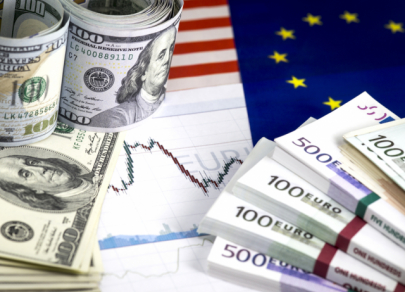
High-yield credit in the USA is also becoming increasingly expensive and this is the seventh sign of the financial crisis. Price-to-earnings ratios will be 50% above the historic average and government bonds will become too expensive. As a result, the level of corporate lending in the US will exceed the historical maximum. Commercial and residential real estate in the country will sharply rise in price, experts predict. This trend will spread around the world.
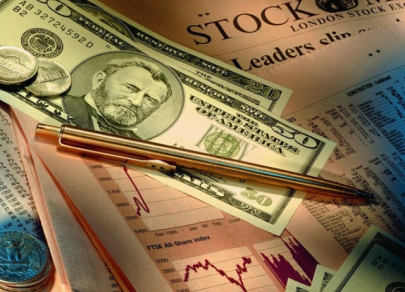
The eighth sign of the global crisis-2020 is a sharp increase in the risk of illiquidity and fire sales around the world. This will contribute to excessive high-frequency trading. As a result, fixed-income instruments will become more concentrated in open-ended exchange-traded and dedicated credit funds. As for emerging markets, they may lose access to the Fed as a lender.

The actions of US President Donald Trump may become the ninth important component of the coming financial collapse. Experts believe that the head of the White House is able to start a military confrontation with Iran. Conflict with the Islamic Republic can lead to a stagflationary geopolitical explosion and cause a global recession.

A huge shortage of funds that most countries need to prevent a financial meltdown is the tenth sign of the impending crisis. The space for fiscal stimulus is already limited by massive public debt. In the US, lawmakers have constrained the ability of the Fed to provide liquidity to non-bank and foreign financial institutions with dollar-denominated liabilities. In Europe, the rise of populist parties is making it harder to pursue EU-level reforms and create the institutions necessary to combat the next financial crisis and downturn. If the national debt grows, the global crisis may turn out to be much more serious and more prolonged than in 2008.
